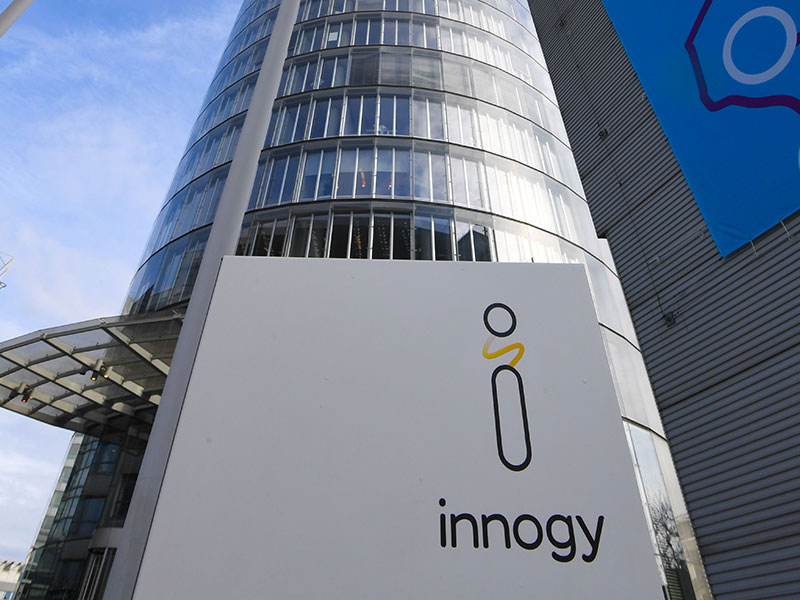E.ON and RWE shake up Germany’s energy sector with asset swap agreement
Two of Germany’s biggest utility firms have agreed to swap assets in a deal that would see E.ON focus on energy networks and RWE concentrate on renewables

Should the prospective innogy deal go ahead, it would represent a significant shift for both E.ON and RWE, as well as the German energy sector more generally
On March 11, German utility firm E.ON announced it had reached an agreement in principle to acquire innogy from rival RWE. The deal, which values innogy’s equity at €22bn ($27.1bn), will also see a series of asset swaps take place between the two companies.
As part of the transaction, E.ON will acquire RWE’s 76.8 percent stake in innogy, while granting RWE a 16.67 percent stake in E.ON. It will also result in E.ON becoming solely focused on customer solutions and energy networks, with RWE acquiring E.ON’s renewable energy assets.
By bolstering its network infrastructure, E.ON should be able to generate substantial cost savings, while RWE will be able to ramp up its solar and wind offerings
Should the prospective deal go ahead – the acquisition still needs to be approved by EU regulators and the companies’ respective boards – it would represent a significant shift for both organisations and the German energy sector more generally. By bolstering its network infrastructure, E.ON should be able to generate substantial cost savings, while RWE will be able to ramp up its solar and wind offerings.
“This looks like an advantageous step for E.ON at first glance,” Thomas Deser, Fund Manager at Union Investment, told Reuters. “Through the renewable pipeline, RWE, too, should be able to offset its dwindling nuclear and lignite business, as well as attract partners for the expansion of its wind business.”
Both companies have had to rethink their business models in recent years, with German Chancellor Angela Merkel championing the pursuit of a low-carbon economy through Germany’s ‘Energiewende’ policy. This has caused increased competition in the renewables sector and forced traditional utility businesses to cut costs wherever they can.
E.ON and RWE’s decision to specialise in networks and energy generation respectively is an admission that a more focused company is often a more efficient one. RWE’s transformation, however, may prove more challenging than E.ON’s, particularly given renewables remain subject to huge price pressures.













